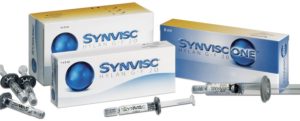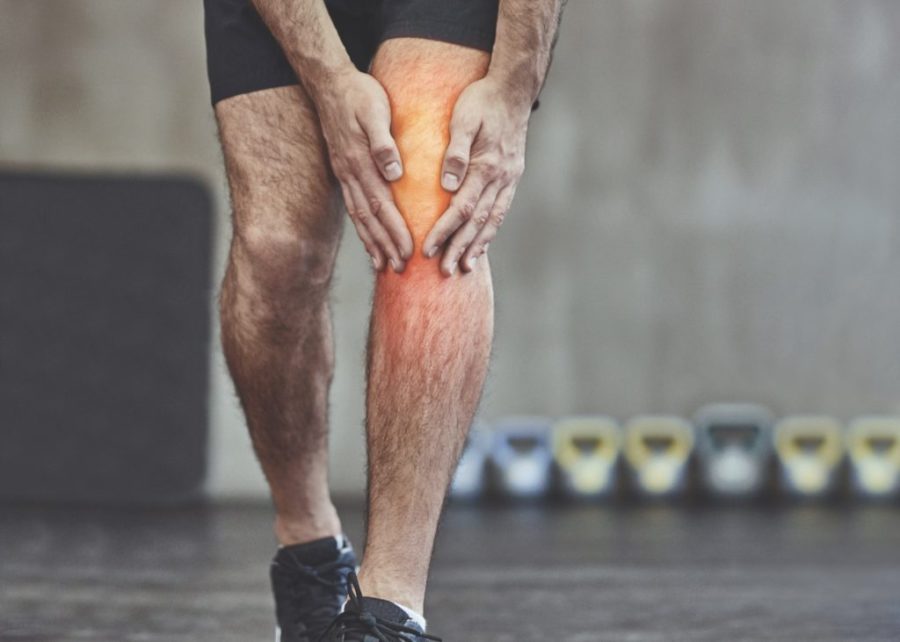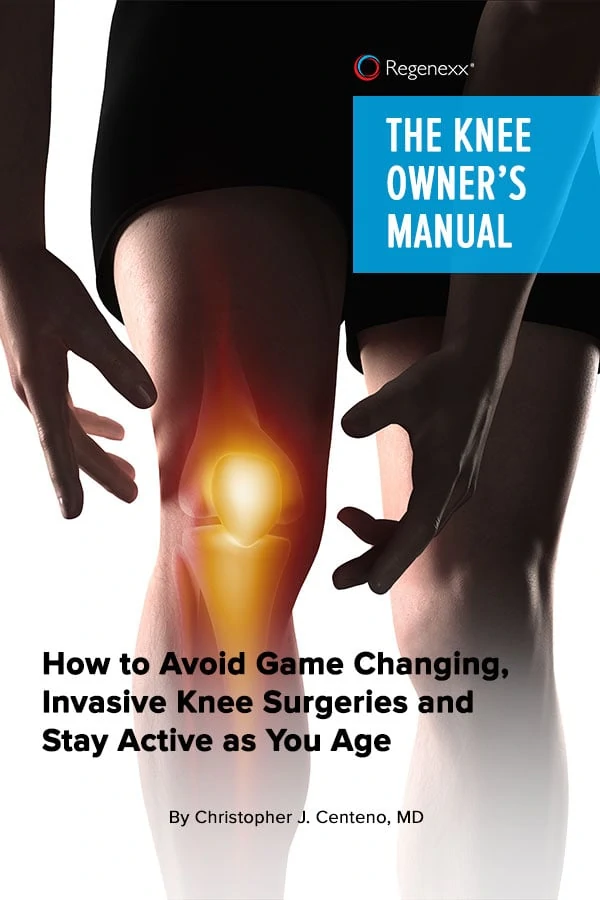Your knee arthritis pain is limiting your ability and potential. Conservative therapy, including physical therapy, has not provided significant or sustained improvement. Your doctor has advised you that you have mild to moderate knee osteoarthritis. What to do?
Hazards of Steroids

Previous blogs have extensively reviewed the dangers associated with steroid injections which include:
- Acceleration of knee arthritis
- Deleted stem cells
- Weakened tendons
- Increased bone loss in older women
Platelet-Rich Plasma and Hyaluronic Acid Injections
Other options include platelet-rich plasma (PRP) or hyaluronic acid (HA) injections.
PRP is derived from a patient’s own blood, where the platelets are concentrated and are rich in growth factors. Not all PRP is the same.

To learn more about PRP, watch the video below:
Hyaluronic acid (HA), commonly known by brand names Euflexxa, Hyalgan, Orthovisc and Supartz, functions as a tissue lubricant and shock absorber in the joint.

Proposed mechanisms of action include chondroprotection, increased proteoglycan, and glycosaminoglycan synthesis and anti-inflammatory.
Is PRP or HA Superior for Mild to Moderate Knee Osteoarthritis?
A recent study examined this very question. A total of 87 osteoarthritic knees were each randomly assigned to one of three groups receiving three weekly injections of either PRP, HA, or normal saline. The Western Ontario and McMAsters Osteoarthritis Index ( WOMAC) and International Knee Documentation Committee (IKDC) subjective scores were collected at baseline and at 1, 2, 6 and 12 months after treatment.
At one month, the PRP, HA, and saline groups all showed significant improvement. Unfortunately, at 12 months only the PRP group sustained significant improvement in both the WOMAC and IKDC scores in comparison to the HA and saline group. In addition, the PRP group reached minimally clinically important difference in the WOMAC score at every time evaluation.

At the Centeno-Schultz Clinic we have long recognized the superior results of PRP and stem cell treatments for knee osteoarthritis. If you have ongoing knee pain, don’t accept an inferior treatment option with HA injections. Rather, schedule a new-patient evaluation, where a board-certified, fellowship-trained physician will spend 60 minutes reviewing your history and medications and will perform a physical examination, review your imaging, perform a diagnostic knee ultrasound, determine the appropriate treatment plan, and provide your candidacy grading.

